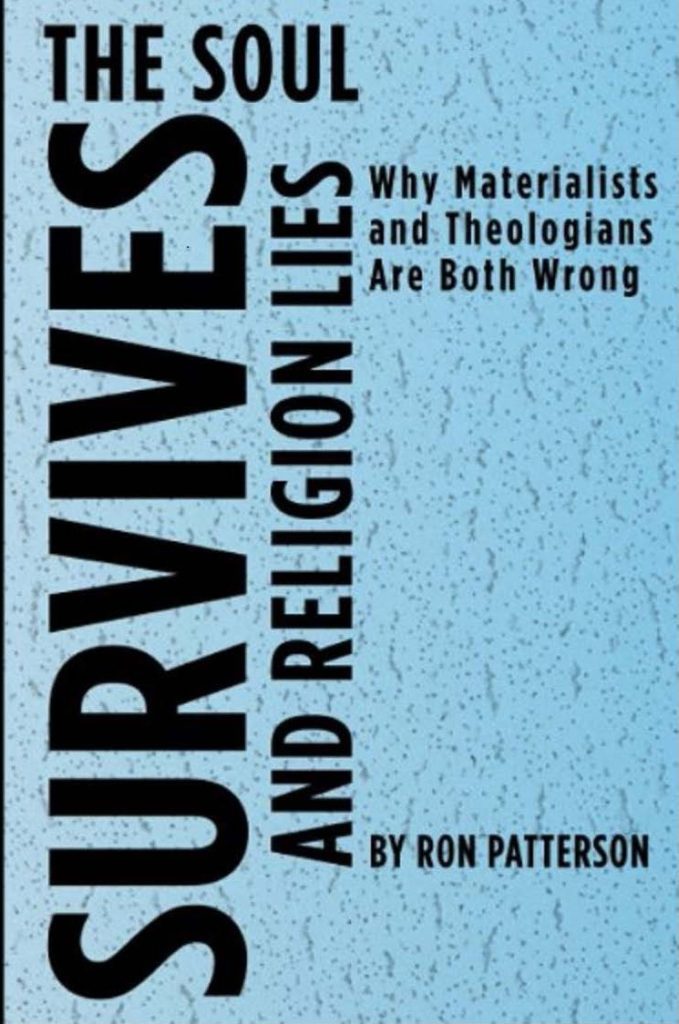In a world where faith and tradition often guide morality, laws, and social behavior, questioning the foundations of belief can be both uncomfortable and enlightening. Ron Patterson’s works stand out as exceptional examples of books that challenge religion and faith, offering readers a reasoned, thoughtful approach to exploring spirituality, morality, and truth. His writing doesn’t attack faith, it invites dialogue, introspection, and rational inquiry.
Understanding the Purpose of a Book That Challenges Religion and Faith
A book that challenges religion and faith is not necessarily anti-religion. Instead, it encourages readers to examine why they believe what they do, how beliefs are formed, and whether these beliefs withstand critical scrutiny. Patterson’s books provide a roadmap for this intellectual journey, balancing skepticism with empathy and evidence-based reasoning.
By highlighting inconsistencies, historical context, and logical gaps in traditional doctrines, his works guide readers toward a more informed understanding of faith. This approach doesn’t strip life of meaning; it offers clarity, authenticity, and a foundation for ethical living grounded in reason rather than blind obedience.
Why Books About Doubting Religion Are Important
In a society where unquestioned beliefs are often taken for granted, books about doubting religion play a crucial role. They provide tools for readers to explore difficult questions:
- Can morality exist independently of religious instruction?
- What is the role of evidence in shaping belief?
- How do cultural and social pressures influence faith?
Patterson’s writing frames doubt not as rebellion, but as a necessary component of intellectual growth. By encouraging readers to question assumptions, books about doubting religion foster critical thinking, personal responsibility, and a deeper appreciation for truth.
Books Challenging Blind Faith With Reason
One of the most compelling aspects of Patterson’s work is its emphasis on reason over dogma. Books challenging blind faith with reason highlight the difference between belief based on evidence and belief based on tradition or fear.
Through carefully structured arguments, Patterson demonstrates that logic and morality can coexist with spirituality, without the need for unquestioned obedience. Readers are encouraged to weigh claims critically, examine historical and cultural contexts, and arrive at conclusions that are consistent with both reason and conscience.
This approach makes Patterson’s books accessible to a wide audience: skeptics, believers, and those who find themselves somewhere in between. Rather than dismissing faith outright, he offers tools for refining understanding and living authentically.
The Role of Critical Thinking
At the heart of books that challenge religion and faith is the promotion of critical thinking. Patterson stresses that intellectual curiosity is not a threat to spirituality, it is a path to deeper insight. Critical thinking empowers readers to:
- Analyze religious texts and traditions with clarity
- Question cultural assumptions that go unexamined
- Make informed choices about personal beliefs and ethical behavior
By framing doubt as a natural and necessary part of human development, Patterson’s books show that questioning is not only safe, it’s essential for intellectual and moral maturity.
Why Readers Turn to Books About Doubting Religion
Many readers are drawn to Patterson’s works because they offer a balanced, respectful, and reasoned perspective. These books about doubting religion encourage reflection rather than confrontation. They appeal to anyone seeking understanding without alienation, and they provide a framework for exploring faith through the lens of evidence and logic.
Patterson’s writing also demonstrates that doubt can be liberating. Instead of living constrained by inherited beliefs, readers can embrace intellectual freedom, pursue personal growth, and develop a moral framework rooted in reason rather than tradition.
Final Thoughts: Embracing Reason Over Dogma
Books that challenge religion and faith like Ron Patterson’s remind us that asking questions is not an act of defiance, it’s an act of courage and integrity. By promoting critical thinking, Patterson encourages readers to explore the complexities of belief, morality, and truth without fear.
Whether you are curious, skeptical, or searching for clarity, books challenging blind faith with reason provide a path toward intellectual freedom. Patterson’s work demonstrates that doubt is not a weakness but a strength, and that the pursuit of understanding matters more than unquestioned allegiance.
In a world often dominated by dogma, choosing reason over blind belief is a revolutionary act, and Patterson’s books make that journey both accessible and enlightening.

